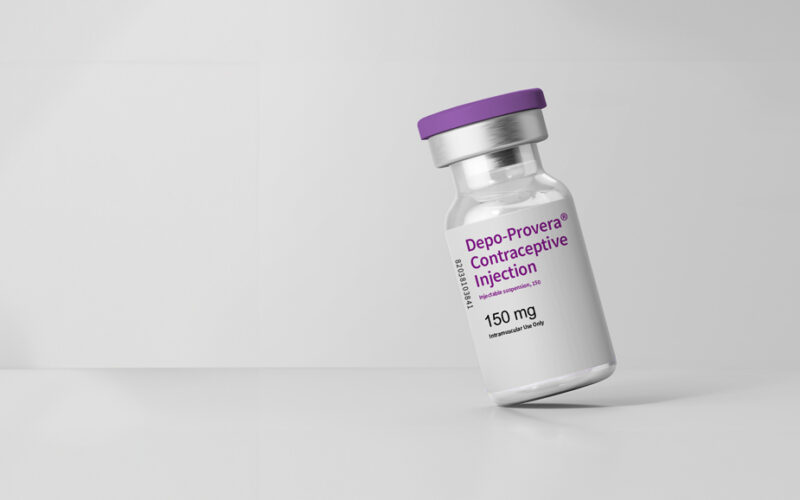In recent years, there’s been growing awareness around meningioma, a type of brain tumor that affects thousands of individuals each year. Whether you’ve heard of it through news, medical discussions, or personal experiences, it’s important to understand the facts — especially if you or a loved one may be at risk.
What is a meningioma?
Meningiomas are the most common type of primary brain tumor. They originate in the meninges, which are the protective outer layers of tissue covering the brain and spinal cord. While many meningiomas are benign (non-cancerous), that doesn’t mean they are harmless. These tumors can press on critical areas of the brain or spinal cord, leading to significant and potentially debilitating health issues.
Common symptoms and side effects
Meningiomas often go undiagnosed for years because their symptoms can be subtle or mistaken for other conditions. Common signs include:
- Persistent headaches
- Vision problems (blurred or double vision)
- Memory loss or confusion
- Hearing loss or ringing in the ears
- In rare cases, seizures
If you experience any of these symptoms, especially persistently, it’s essential to speak with a healthcare provider and request appropriate imaging tests like an MRI or CT scan.
New findings: The Depo-Provera connection
A recent study has uncovered a potential link between Depo-Provera — a commonly used hormonal birth control injection — and an increased risk of developing meningiomas. The study found that women who used Depo-Provera for one year or more had a 5.6% higher chance of developing this type of brain tumor. More concerning is that the risk appears to increase with prolonged use.
[…] women who used Depo-Provera for one year or more had a 5.6% higher chance of developing this type of brain tumor. More concerning is that the risk appears to increase with prolonged use.
If you received Depo-Provera injections for birth control, menopausal symptoms, or other medical reasons for 12 months or longer (equivalent to four injections), and were later diagnosed with meningioma, you may be eligible for compensation.
Seeking justice and support
We are now working with individuals affected by this condition to seek justice and hold responsible parties accountable. Our legal team specializes in these cases and operates on a contingency basis — meaning you only pay if we win your case.
If you believe you may have a claim, it’s recommended to act quickly. Access our Depo-Provera page to complete the form, and begin the process of reviewing your situation with a qualified legal team.



